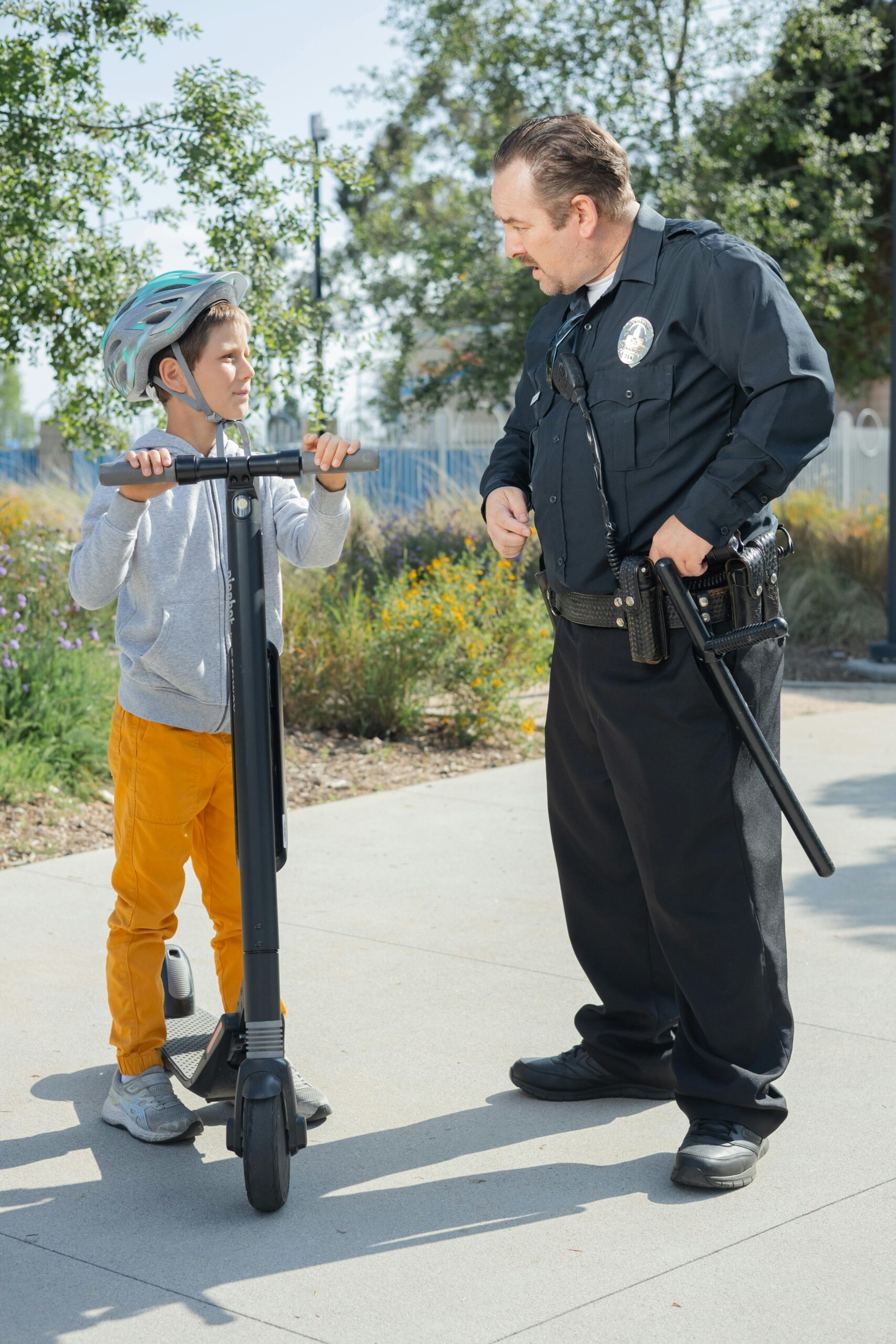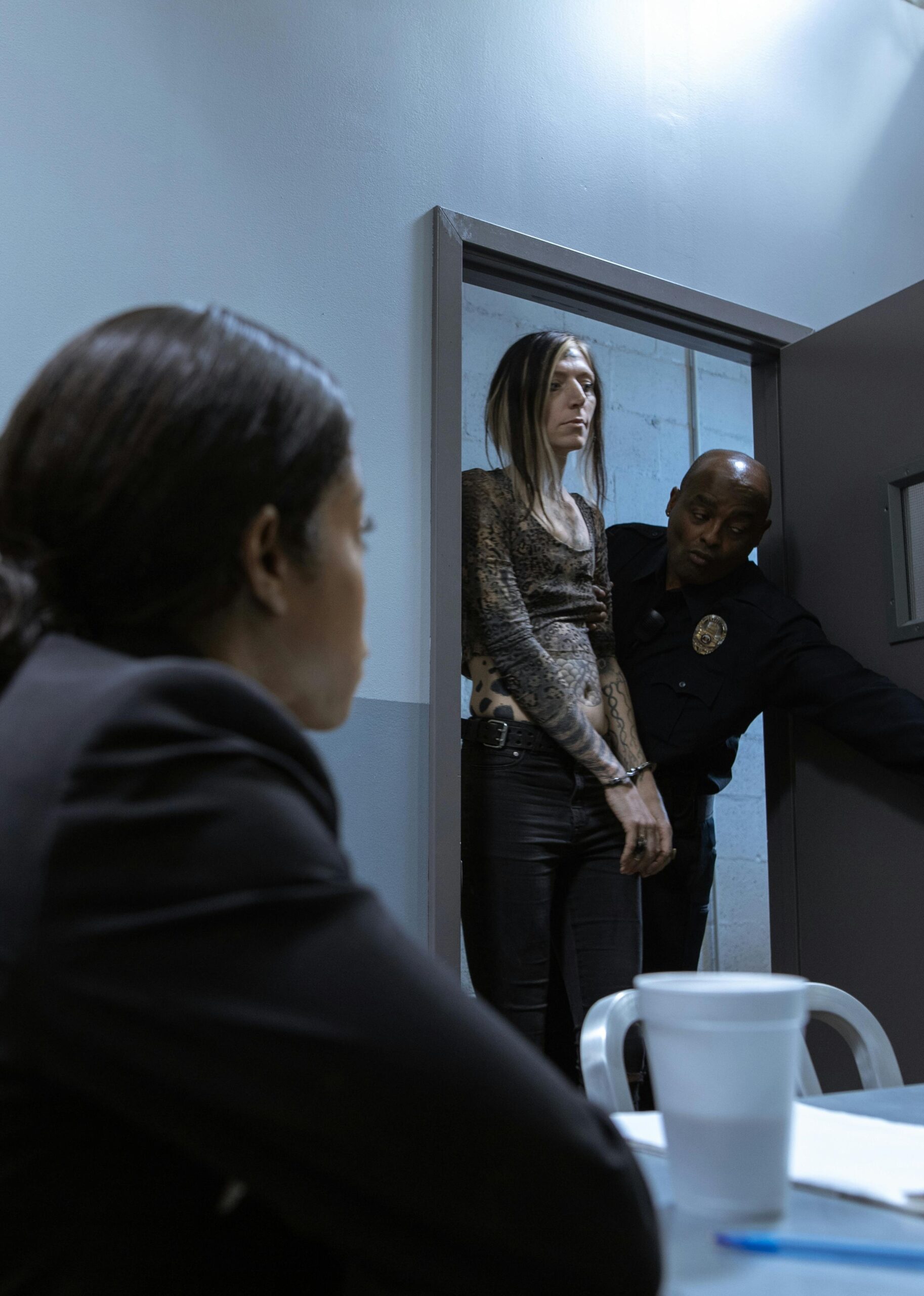Handling Police Interviews
Stay Calm
Remain calm and be respectful.
Understand the Context
Clarify if you are free to leave by asking, “Am I being detained or am I free to go?”
Know Your Rights
You have the right to refuse to answer any questions, especially if you feel you are being pressured or confronted aggressively.
Document the Interaction
If possible, record the conversation or take notes of what was asked and your responses.
Detention Indicators
If the police officer makes it so you are unable to leave, their tone becomes more authoritative or commanding compliance, they use force to physically hold you or display weapons, or the questioning becomes prolonged and focused on obtaining incriminating information, you are being detained turning the interview into an interrogation.


